Embark on a journey through the world of fine wines and discover the perfect wine tasting experiences near me, tailored to suit every palate and preference. Whether you’re a seasoned connoisseur or a curious newcomer, our comprehensive guide will walk you through the intricacies of wine tasting, from the best time to visit your local vineyard to the art of sensory evaluation and responsible drinking.
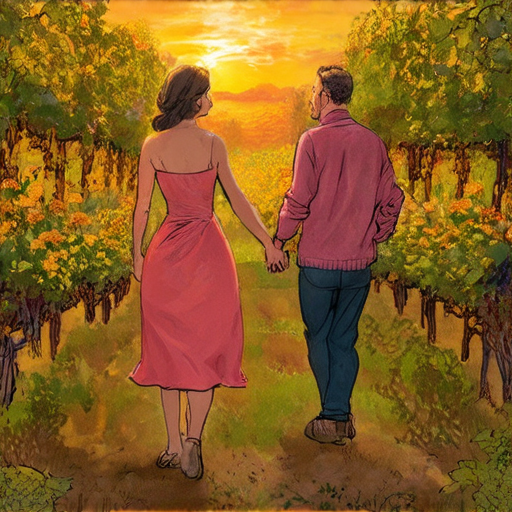
Best Month for Wine Tasting
The ideal time for wine tasting depends on various factors, including climate, grape varieties, and personal preferences.
-
September:
September is often considered the best month for wine tasting due to the optimal weather conditions.
The temperatures are mild, ranging from 60°F to 80°F (15°C to 27°C), making it perfect for visiting vineyards and wine cellars.
This period allows winemakers to harvest grapes at the peak ripeness, resulting in high-quality wines.
Some popular wine regions, such as Napa Valley and Sonoma County, offer wine tastings and tours during September.
-
October:
October is another excellent month for wine tasting, with comfortable temperatures and fewer crowds compared to the peak summer months.
The foliage is stunning, with the changing leaves adding a picturesque backdrop to the vineyards.
Many wine festivals and events take place in October, showcasing local wines and culinary delights.
-
November:
November can be a great time for wine tasting, especially for those who prefer cooler temperatures and smaller crowds.
The harvest season has ended, and the vines have been pruned, allowing visitors to explore the vineyards and learn about the winemaking process.
Some wine regions, like Bordeaux, offer wine tastings and tours during November.
Ultimately, the best month for wine tasting depends on individual preferences and priorities.
If you’re looking for optimal weather conditions and a festive atmosphere, September might be the best choice.
If you prefer cooler temperatures and smaller crowds, October or November could be a better option.
Regardless of the month, always plan ahead, book wine tastings and tours in advance, and enjoy the wine country experience!
How Much Do Wine Tastings Cost?
The cost of wine tastings can vary greatly depending on several factors, including the type of wine, location, and duration of the event.
- Low-end wine tastings: These events often cost between $10-$30 per person and may feature a selection of entry-level wines from local producers.
- Mid-range wine tastings: Expect to pay between $25-$50 per person for these events, which typically offer a wider selection of wines from various regions.
- High-end wine tastings: Luxury wine tastings can cost upwards of $100-$200 per person and may feature premium wines from renowned producers.
Some wine tastings may also offer additional services, such as food pairings or private tours, which can increase the overall cost.
- When planning a wine tasting, consider the following costs:
- Wine tasting fee: This is the primary cost associated with attending a wine tasting event.
- Food and beverage costs: Some wine tastings may offer complimentary food and beverages, while others may charge extra for these items.
- Tour or educational components: Private tours or educational sessions may incur additional costs.
For those looking for affordable wine tasting options, consider visiting local wineries or participating in online wine tastings.
At Fine Vines, we offer a variety of wine tasting experiences tailored to suit different budgets and preferences.
Whether you’re a seasoned oenophile or just starting to explore the world of wine, our knowledgeable staff is happy to guide you through the process and help you find the perfect wine for your taste and budget.
Popular Wine Tasting Options
- Wine Country offers a range of wine tastings and tours in Napa Valley and Sonoma County.
- Vinography provides in-depth wine reviews and articles on wine-related topics.
- Wine Enthusiast features wine reviews, ratings, and news from around the world.
Conclusion
The cost of wine tastings can vary significantly depending on the type of event and services offered.
By understanding the different costs associated with wine tastings, you can plan a fun and memorable experience that fits your budget and preferences.
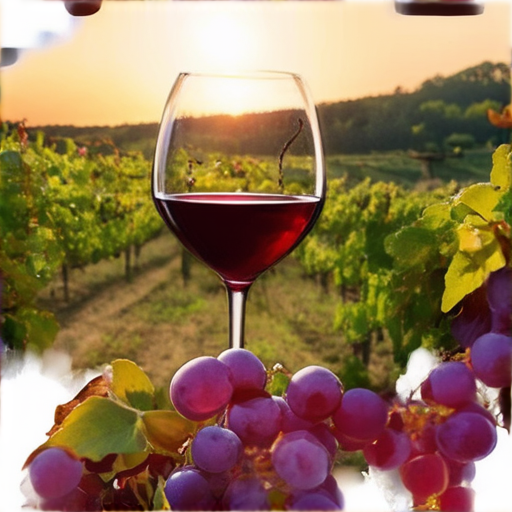
The 5 Ss of Wine Tasting
When it comes to wine tasting, there are several key steps to follow in order to fully appreciate the nuances of a particular wine.
- Sight: The first step in wine tasting is to observe the color and clarity of the wine. This can give you clues about the age and type of grape used in its production.
- Swirl: Next, gently swirl the wine in your glass to release the aromas and flavors.
- Smell: Take a moment to appreciate the aroma of the wine, which can reveal hints of fruit, floral notes, and other characteristics.
- Sip: Now it’s time to take a small sip of the wine and let it sit in your mouth for a moment before swallowing.
- Savor: Finally, savor the flavors and textures of the wine, paying attention to its finish and how it lingers on your palate.
By following these 5 Ss, you’ll be able to develop a deeper understanding and appreciation of wine, and become a more discerning taster.
At Fine Vines, we’re passionate about helping our readers develop their wine knowledge and skills, and we offer a range of resources and guides to help you get started.
Some other great resources for learning about wine include Wine.com and Wine Enthusiast Magazine.
Remember, the key to becoming a skilled wine taster is to practice regularly and pay attention to the subtleties of each wine.
We hope you’ve found this guide helpful in getting started with wine tasting!
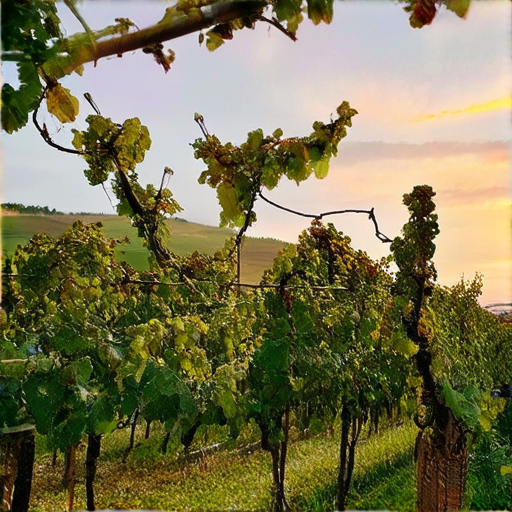
Tipping Wine Tasting Servers
When it comes to wine tastings, tipping your server is absolutely essential.
- Just as you would tip your server at a restaurant, you should tip your wine tasting server based on the level of service you received.
- A general rule of thumb is to tip between 10% to 20% of the total cost of the wine tasting.
- If you received exceptional service, you may want to consider tipping on the higher end of that scale.
- For example, if you paid $100 for a wine tasting, you could tip $10 to $20.
- However, if you received outstanding service, you may want to consider tipping $25 to $50 or more.
Why Tip at Wine Tastings?
Tipping at wine tastings shows appreciation for the server’s hard work and expertise.
- Wine tasting servers often have extensive knowledge of wine and can provide valuable insights and recommendations.
- They may also be responsible for pouring wine, answering questions, and providing a overall positive experience.
- Tipping demonstrates that you value their time and effort.
Best Practices for Tipping at Wine Tastings
To ensure you’re tipping correctly, follow these best practices:
- Check your bill carefully to see if gratuity has already been added.
- If not, calculate the total cost of the wine tasting and determine the appropriate tip amount.
- Consider the level of service you received and adjust your tip accordingly.
- Don’t forget to thank your server and express your appreciation for their service.
By following these guidelines, you’ll be able to show your appreciation for the wine tasting server’s hard work and expertise, while also setting a positive tone for future wine tastings.
Is it Rude Not to Buy a Bottle at a Wine Tasting?
When attending a wine tasting event, many people wonder whether it’s considered impolite not to purchase a bottle of wine.
- The truth is, there’s no obligation to buy a bottle during a wine tasting.
- In fact, the primary purpose of a wine tasting is to allow attendees to sample various wines and learn about the winemaker’s process.
Why Wine Tastings Are Meant to Be Educational
Wine tastings offer a unique opportunity for wine enthusiasts to explore different varieties, learn about the production process, and gain insight into the art of winemaking.
- During a wine tasting, you’ll typically have the chance to taste several wines, often accompanied by knowledgeable staff who can provide information about the wine’s origin, grape variety, and aging process.
- This educational aspect is what makes wine tastings so valuable – you’re not just sampling wine, you’re learning about the craftsmanship and dedication that goes into producing high-quality wines.
What to Expect During a Wine Tasting
When attending a wine tasting, you can expect to:
- Taste a selection of wines, usually ranging from 5 to 10 different varieties.
- Learn about the winemaker’s philosophy, techniques, and the story behind each wine.
- Have the opportunity to ask questions and engage with the winemakers or wine experts present.
Is It Okay to Not Buy a Bottle?
Absolutely!
You’re under no obligation to purchase a bottle of wine during a tasting event.
If you don’t intend to buy a bottle, simply enjoy the tasting experience, ask questions, and take notes – you might even discover new favorite wines or learn something new about the winemaking process.
Conclusion
Attending a wine tasting is about exploring the world of wine, learning about the craft, and enjoying the company of fellow wine enthusiasts.
Don’t feel pressured to buy a bottle – focus on the experience, and remember, the winemakers want you to leave with a newfound appreciation for their wines, not necessarily a purchase receipt.
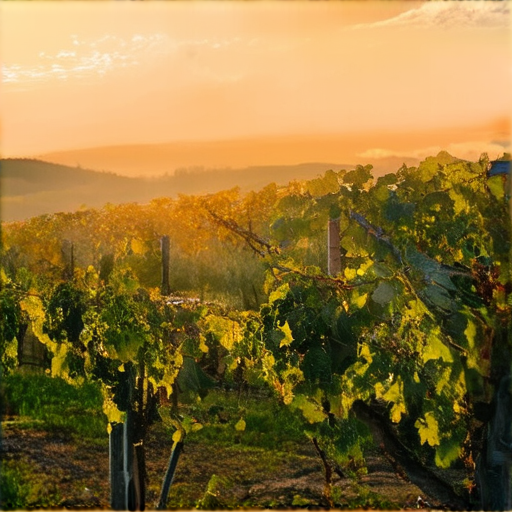
How Much Do You Drink at a Wine Tasting?
The standard pour size for a wine tasting is typically around 5 ounces or 150 milliliters.
- This allows you to sample the wine without consuming too much alcohol or overwhelming your palate.
- When attending a wine tasting event, it’s essential to pace yourself and drink responsibly.
Wine Tasting Etiquette
Here are some general guidelines to keep in mind:
- Start with lighter wines and work your way up to full-bodied ones.
- Take small sips and swirl the wine in your glass before taking a sip.
- Pay attention to the color, aroma, and flavor of the wine.
- Don’t feel obligated to finish every pour – it’s okay to leave some wine behind.
Responsible Drinking
As a responsible wine enthusiast, it’s crucial to drink in moderation and never drink and drive.
- Plan ahead and designate a sober driver or use public transportation.
- Know your limits and don’t overdo it – it’s better to err on the side of caution.
- If you’re feeling intoxicated, stop drinking and seek assistance if needed.
Additional Tips
Remember to stay hydrated by drinking water between pours, and consider eating food to help slow down the effects of the wine.
Lastly, always respect the host and other attendees by following basic wine tasting etiquette rules.
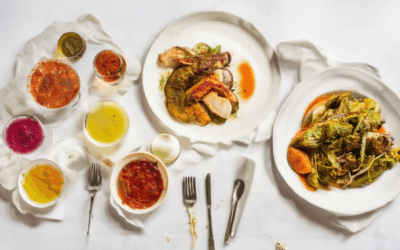
0 Comments